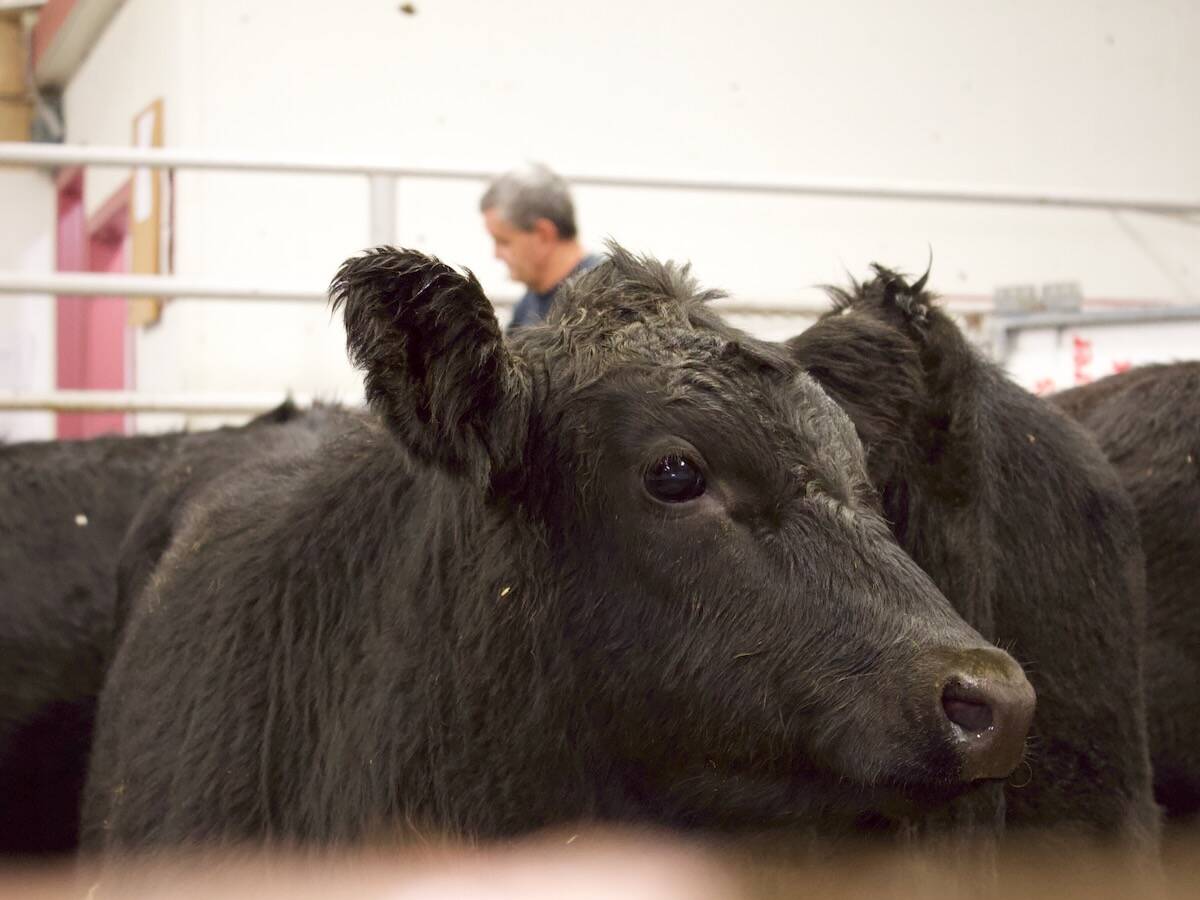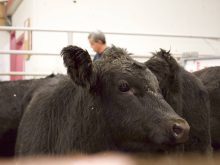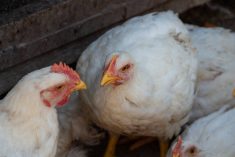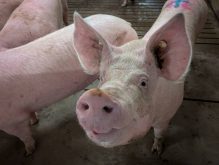Development of an injectable vaccine against chronic wasting disease (CWD) in farmed elk and deer is the first goal of a new licensing deal for further research in Saskatoon.
The Vaccine and Infectious Disease Organization-International Vaccine Centre (VIDO-InterVac) at the University of Saskatchewan on Wednesday signed an exclusive agreement with Pan-Provincial Vaccine Enterprise Inc. (Prevent) toward development and commercialization of such a product.
“Further spread of CWD can potentially devastate industries and rural populations that rely on these species,” Andrew Potter, CEO and director of VIDO-InterVac, said in a release.
Read Also

Cash incentive for CRSB Certified beef producers launched
The Canadian Roundtable for Sustainable Beef (CRSB) has launched an incentive payment for CRSB Certified producers.
“The Containment Level 3 facilities in our new International Vaccine Centre set to open in late 2010 will enable further work on this vaccine and others for a number of related diseases of humans and animals.”
Beyond an injectable vaccine for farmed cervids, the agreement calls for “subsequent expansion into other countries,” plus development of an oral vaccine for use in wild populations as a “second-generation” product.
The University of British Columbia, PrioNet and the University of Toronto are also stakeholders in the licensed patents being examined in this deal.
During the commercialization process, Prevent said, it may also use PrioNet Canada’s facilities at the University of British Columbia and Vancouver Coastal Health Research Institute.
Prevent is a non-profit agency connecting experts in public health, academic organizations and research institutes with the vaccine industry and investment community, aiming to identify “promising vaccine candidates most likely to meet Canada’s public health needs.”
Its main focus is on diseases for which no vaccine is yet available, such as respiratory syncytial virus (RSV, a major cause of respiratory disease in infants), chlamydia and E. coli O157.
Prevent bills its business model as “a comprehensive plan that has no weak links between bench and market: one that will accelerate important vaccines into the marketplace, establishing Canada at the forefront of vaccine development and commercialization.”
“Essential”
A progressive, fatal, and incurable prion disease, a cousin of BSE in cattle, scrapie in sheep and Creutzfeldt-Jakob disease in humans, CWD has “devastated the alternative livestock farming industry as it has spread within wild deer and elk populations,” Gerry Brown, director of commercialization with Prevent, said in its release.
Depopulation, known to be an effective control measure for BSE, increases the CWD prion disease problem in wildlife, the agencies said.
A vaccine that could control CWD in deer and elk may also cut down the risk of cross-species transmission to traditional livestock such as cattle, the agencies added.
Prevent also lists BSE and other prion diseases among its “potential disease targets for fast-track vaccine commercialization.”
Elk and deer are also important natural resources in their own right, the agencies said, making “significant economic contributions” as both farmed animals and wild game and contributing to the diets of northern and aboriginal communities.
“Control of this disease is essential to the industry and game harvesters that rely on the natural resource,” Brian Hoffart, operator of Bait Masters Hunting Camp at Green Lake, Sask. and president of the Saskatchewan Outfitters Association, said in Prevent’s release.













